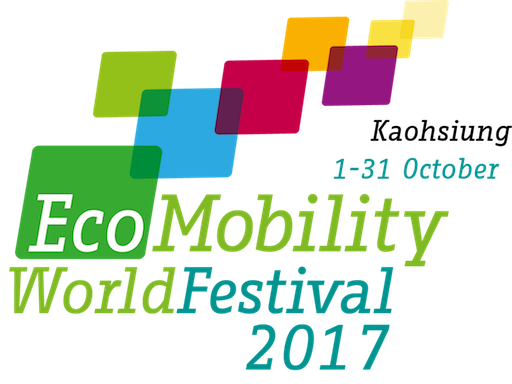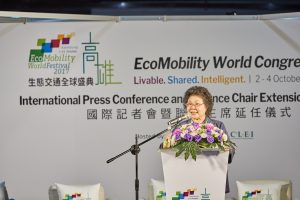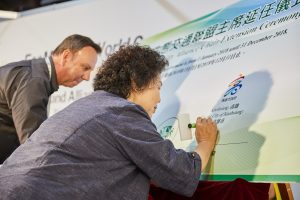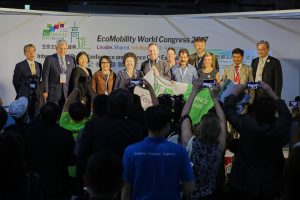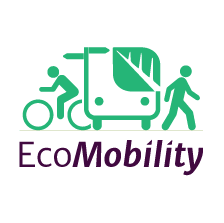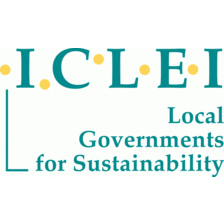About the Organizers
An EcoMobility World Festival is a living lab to show how cities can take a bold step to create a forward-thinking urban transportation culture through ecomobility. The Festival is a mise-en-scène of the future of urban mobility in a real city, with real people, in real time.
Together with ICLEI, Kaohsiung hosted the third EcoMobility World Festival 2017. While the broad concept remains large similar in all three Festivals, the Festival in Kaohsiung displayed a very distinctive characteristic as the city was presented with different challenges and possibilities in comparison to its predecessors in Suwon, South Korea and Johannesburg, South Africa.
What is the EcoMobility Alliance?
The EcoMobility Alliance has defined itself as a “global” actor because of both the origin and nature of its members and its geographical scope. It aims at engaging cities, public and private actors from different sectors and segments from all over the world, as well as promoting and advocating for EcoMobility at a global level, both in industrialized and developing countries.
The EcoMobility Alliance was created in October 2011 in Changwon, Korea. It is a transformation of the former Global Alliance for EcoMobility, which is a non-governmental organization founded and launched in Bali on 10 December 2007, on the occasion of the 2007 United Nations Climate Change Conference (UNFCCC-COP-13).
Who is ICLEI?
ICLEI – Local Governments for Sustainability is the leading global network of more than 1,500 cities, towns and regions committed to building a sustainable future.
By helping the ICLEI Network to become sustainable, low-carbon, resilient, ecomobile, biodiverse, resource-efficient and productive, healthy and happy, with a green economy and smart infrastructure, we impact over 25% of the global urban population.
Who is the EcoMobility Alliance Chair?
The EcoMobility Alliance is currently chaired by Kaohsiung. As Alliance Chair, the city supports the exchange of expertise among ambitious entities in the field of EcoMobility.
Kaohsiung has already implemented a number of measures to reduce car dependency, including the development of a bike rental system with 159 stations so far, and 750 kilometres of cycle paths. In addition, the city already has multiple public transport systems, including MRT, high speed rail, the Taiwan Railway, city buses, ferries, solar boats, and light rail (the first of its kind without catenary cables in Asia).
